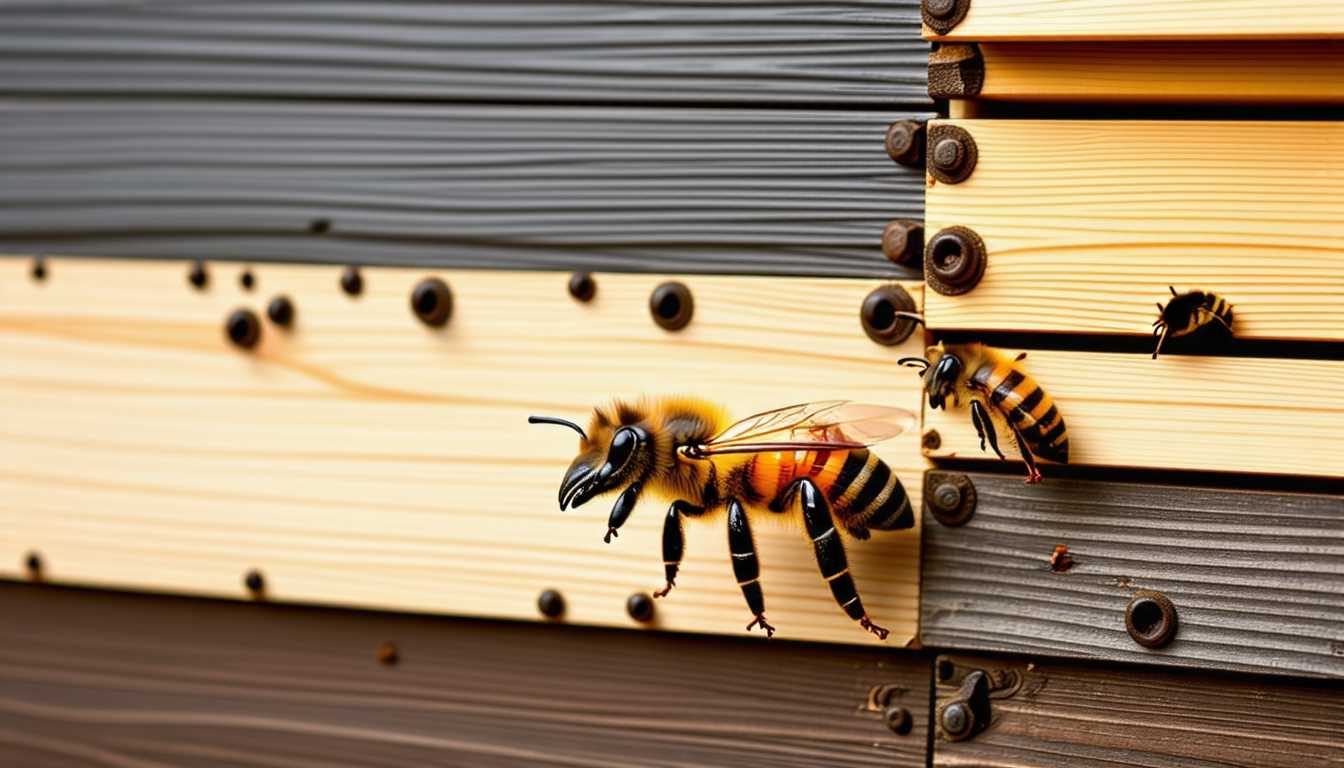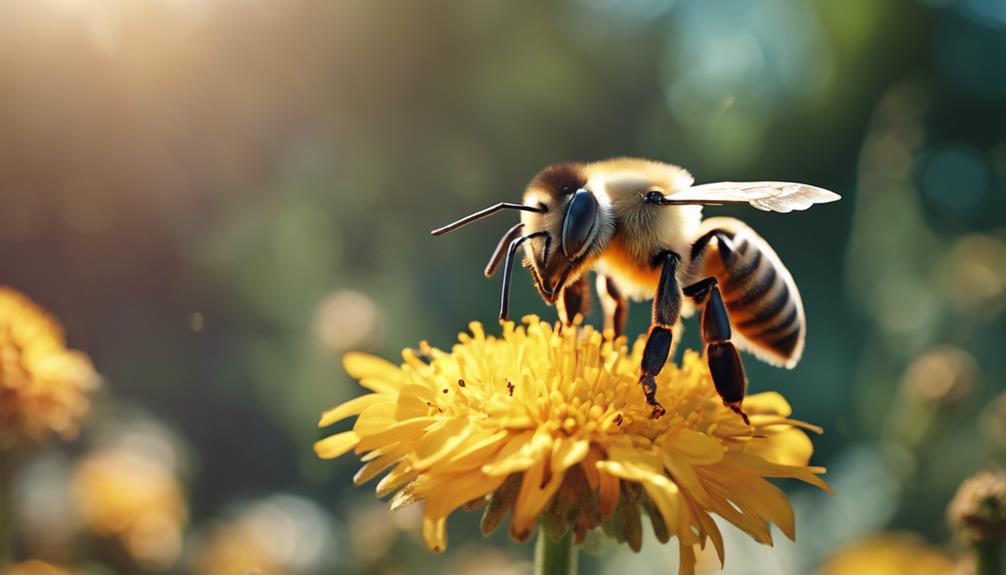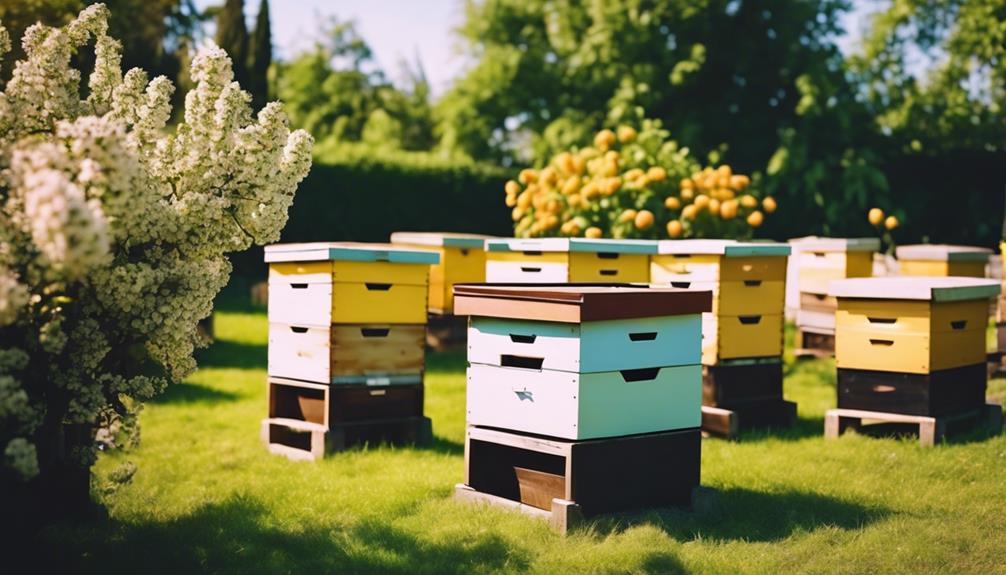Maintaining a healthy bee colony is essential for ensuring the productivity and longevity of your hive. Healthy bees are more efficient pollinators and honey producers. To achieve this, we must focus on several key aspects such as regular inspections, disease prevention, pest control, hive hygiene, feeding practices, queen management, seasonal care, swarm prevention, water supply, and habitat enhancement. Below, we delve into each of these areas in detail to help you keep your bee colony thriving.
Regular Inspections
Regular inspections are fundamental to maintaining a healthy bee colony. By inspecting your hive frequently, you can identify and address problems before they escalate. During inspections, check for signs of disease, pests, and the overall condition of the hive. Look for the presence of the queen, the amount of brood, and the levels of honey and pollen stores. Regular inspections help you stay proactive and ensure the well-being of your bees.
Disease Prevention
Disease prevention is crucial for the health of your bee colony. Common bee diseases include American foulbrood, European foulbrood, and Nosema. To prevent these diseases, practice good hive hygiene and use preventive treatments when necessary. Sterilize your equipment, avoid transferring frames between hives, and replace old combs regularly. Additionally, monitor your bees for signs of illness and take immediate action if you notice any symptoms.
Pest Control
Effective pest control is essential to protect your bee colony from harmful invaders. Varroa mites, small hive beetles, and wax moths are common pests that can devastate a hive. Regularly monitor your hive for signs of pests and use appropriate treatments to keep them in check. Integrated Pest Management (IPM) strategies, such as using screened bottom boards and chemical treatments, can help control pest populations without harming your bees.
Hive Hygiene
Maintaining hive hygiene is vital for preventing disease and promoting a healthy environment for your bees. Clean your hive regularly and remove any debris or dead bees. Replace old or damaged frames and combs to reduce the risk of contamination. Proper ventilation is also essential for preventing moisture buildup, which can lead to mold and other issues. By keeping your hive clean and well-maintained, you can create a healthier environment for your bees.
Feeding Practices
Proper feeding practices are crucial for ensuring your bees have enough food to survive and thrive. During times of nectar dearth, provide supplemental feeding with sugar syrup or pollen substitutes. Ensure that your bees have access to a diverse range of flowering plants to support their nutritional needs. Be mindful of the timing and quantity of feeding to avoid overfeeding, which can lead to issues such as robbing and fermentation.
Queen Management
Queen management is a key aspect of maintaining a healthy bee colony. The queen bee plays a central role in the hive, laying eggs and maintaining colony cohesion. Regularly check for the presence of the queen and ensure she is healthy and productive. If the queen is failing or absent, consider requeening to introduce a new, vigorous queen to the colony. A strong queen ensures a steady supply of brood and a harmonious hive.
Seasonal Care
Seasonal care involves adjusting your beekeeping practices to meet the changing needs of your bees throughout the year. In spring, focus on expanding the hive and preparing for the nectar flow. During summer, monitor for signs of swarming and manage hive space. In fall, ensure your bees have adequate food stores for winter and reduce hive entrances to prevent robbing. Winterize your hive by providing insulation and ventilation to protect your bees from cold temperatures.
Swarm Prevention
Swarm prevention is important for maintaining the population and productivity of your bee colony. Swarming occurs when a portion of the colony leaves to form a new hive, which can reduce the strength of your existing colony. To prevent swarming, provide ample space for your bees by adding supers and managing brood space. Regularly inspect for swarm cells and take action to split the hive or requeen if necessary. By preventing swarms, you can maintain a strong and productive colony.
Water Supply
A reliable water supply is essential for the health and productivity of your bees. Bees need water for various tasks, including cooling the hive, diluting honey, and feeding brood. Ensure your bees have access to a clean and consistent water source near the hive. You can provide water using shallow dishes with floating objects to prevent drowning. A well-hydrated colony is better equipped to handle the demands of hive activities and environmental stressors.
Habitat Enhancement
Habitat enhancement involves creating a supportive environment for your bees by providing a diverse range of flowering plants and nesting sites. Plant a variety of nectar and pollen-rich flowers that bloom throughout the growing season to ensure a continuous food supply. Avoid using pesticides and herbicides that can harm bees and their habitat. By enhancing the habitat around your hive, you can support the health and productivity of your bee colony.
In conclusion, maintaining a healthy bee colony requires a comprehensive approach that addresses various aspects of hive management. By focusing on regular inspections, disease prevention, pest control, hive hygiene, feeding practices, queen management, seasonal care, swarm prevention, water supply, and habitat enhancement, you can create a thriving environment for your bees. With diligent care and attention, your bee colony will continue to flourish and provide valuable pollination and honey production.

Hello! My name is Noel Calvin. I graduated from UCLA and now work as a writer at Launch Ninjas. I write blog posts that inspire and guide our readers in their entrepreneurial pursuits. I live in Pleasantville, NJ, with a peaceful yet lively atmosphere that inspires me.
Writing stories is more than just a job for me. It allows me to share my observations and satisfy my curiosity about the world. I combine my analytical skills with creative enthusiasm to delve into technology trends and startup stories. But my life isn’t limited to screens and keyboards. I value loyalty, passion, and a touch of old-fashioned charm, which I infuse into every narrative I create.
I love spending time in my garage, jamming with my band when I’m not writing. Playing the guitar and singing bring me immense joy. I also enjoy capturing ordinary and extraordinary moments through my camera lens and exploring new culinary adventures that excite my taste buds. I’m always seeking new experiences.
My family is very important to me. Joyful Sunday brunches filled with laughter and intense board game nights keep me grounded, reminding me of life’s simple pleasures.
In my world, every moment is an opportunity for discovery. Every discovery is a story worth sharing, whether a heartfelt moment at home or the pulse of technological innovations. Join me as I navigate through life, one blog post, one guitar strum, and one heartwarming family dinner at a time.


